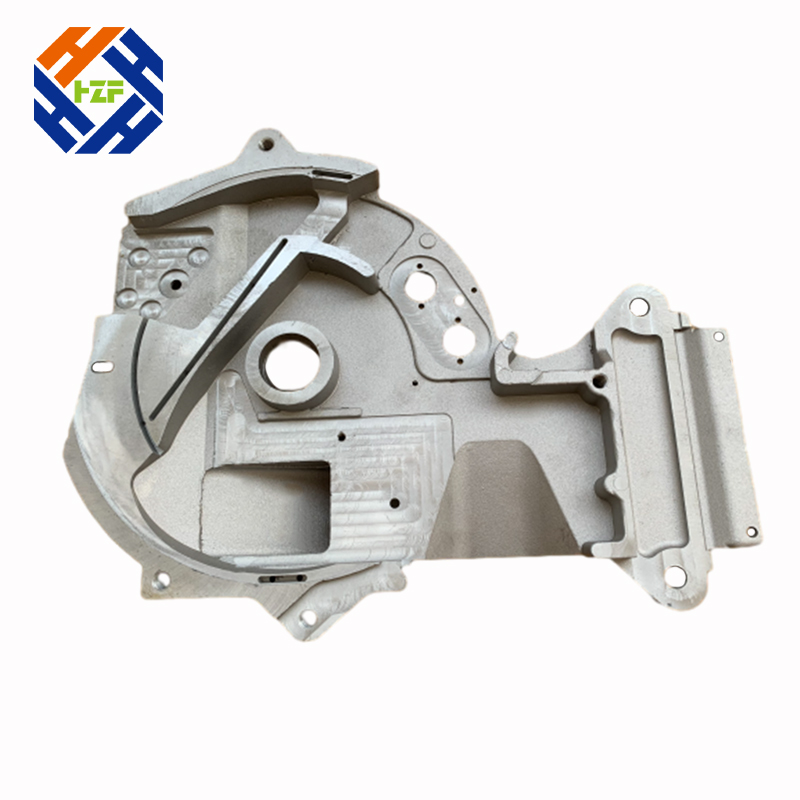
Choosing the right material is critical for the performance, durability, and cost-effectiveness of aluminum casting parts. With decades of expertise in the industry, we understand that material selection impacts everything from mechanical properties to corrosion resistance. This guide provides an in-depth look at the key parameters to consider when selecting materials for your aluminum casting parts.
When evaluating materials for aluminum casting parts, consider the following parameters:
Strength and Hardness: Determines the load-bearing capacity and wear resistance.
Corrosion Resistance: Essential for parts exposed to moisture, chemicals, or outdoor environments.
Thermal Conductivity: Important for applications involving heat dissipation.
Machinability: Affects the ease of post-casting processing and finishing.
Weight and Density: Influences the overall weight of the final component.
Cost and Availability: Impacts production budgets and lead times.

Different aluminum alloys offer unique advantages. Below is a comparison of popular alloys used in manufacturing aluminum casting parts:
| Alloy Type | Tensile Strength (MPa) | Yield Strength (MPa) | Hardness (Brinell) | Corrosion Resistance | Common Applications |
|---|---|---|---|---|---|
| A356 | 230 | 165 | 75 | Excellent | Automotive wheels, aerospace components |
| 380 | 320 | 160 | 85 | Good | Engine brackets, electronic housings |
| 413 | 290 | 140 | 80 | Excellent | Pistons, hydraulic cylinders |
| 535 | 310 | 170 | 90 | Moderate | Marine hardware, structural parts |
The right alloy ensures that your aluminum casting parts meet specific operational demands. For instance:
A356 is ideal for high-strength applications requiring excellent corrosion resistance.
380 offers superior machinability, making it suitable for complex components.
413 provides optimal fluidity for thin-walled casts, common in precision parts.
Additionally, factors like heat treatment compatibility and environmental conditions should guide your decision. For example, parts exposed to saltwater require alloys with enhanced corrosion resistance.
Selecting the appropriate material is a foundational step in producing high-quality aluminum casting parts. By understanding key parameters and alloy characteristics, you can optimize performance, reduce costs, and extend the lifespan of your components. Partner with experts to ensure your material choice aligns with your project’s requirements and industry standards.
If you are very interested in Qingdao Haozhifeng Machinery's products or have any questions, please feel free to contact us!